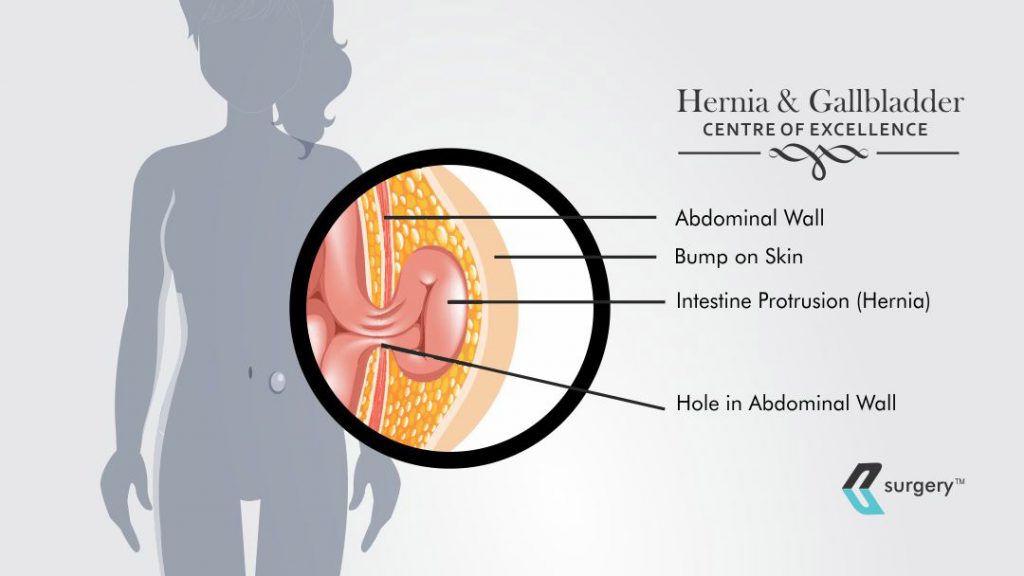
What is a Hernia
What Is A Hernia?
What is a Hernia: A hernia is a medical condition that affects about 1 out of 10 people. Hernias develop when part of an organ for example an intestine protrudes through an opening or a weakened spot in the surrounding muscle that holds it in place. Hernias appear most commonly in the abdomen but also occur around the groin area including the upper thigh area. There are various types of hernias
What Are the Symptoms?
Symptoms often include swellings or lumps with varying discomfort at the affected area, weakness, pressure or heaviness in the abdomen, and pain when bending, coughing, urinating, or lifting objects. Sometimes, people with hernias experience none of the above symptoms.
What Causes a Hernia?
What is a Hernia caused by a variety of reasons related to muscle weakness, including but not limited to smoking, poor body posture when lifting objects, prolonged coughing or sneezing, pregnancy, injuries, and surgery?
People who smoke, have a chronic cough, are obese or severely constipated are at particular risk. Age is another factor that increases one’s chances of …… a hernia. These underlying issues must be thoroughly searched for and treated prior to contemplating hernia surgery as some patients do not have obvious risk factors
What is a Hernia are usually not immediately life-threatening but they may get worse with time. Complications can arise when tissues are collected or trapped in the hernia (a situation that is called incarceration), What is a Hernia thereby cutting off the blood flow to the tissue, which can result in the damage or death of the “incarcerated” tissue. This complication is a medical emergency and requires immediate medical care.
How can hernias be treated?
What is a Hernia should be repaired unless the risks of surgery outweigh the benefits. A variety of techniques are utilized and these include open repair and minimal access/ laparoscopic approaches.
The laparoscopic approach is not necessarily better than the open technique and it is advised that a tailored approach is adopted in hernia surgery. Basically, use the technique most likely to give the best outcome.
Delaying hernia surgery could result in bowel obstruction. Mesh application is encouraged to decrease the risk of recurrence where possible.
Weight reduction is highly desired prior to surgery. For patients with high body mass index (BMI), bariatric/metabolic surgery may be necessary prior to hernia repair. Furthermore, please note that it is better to repair hernias early. The best time to get a good outcome is the first time. Subsequent repairs after prior failed surgeries make surgery unnecessarily complicated.
How Can Hernias Be Prevented?
There is no known way of preventing hernias, but certain types of hernias can be avoided
Smoking
Very heavy weights
Regular medical checkups
Bad lifting body posture
What is a Hernia In Conclusion!
Hernias are relatively easy to treat. It all depends on how conscious you are about changes in your body and your lifestyle and whether you put your body under stress that weaken muscles and tissue. Certain types of hernias are more
Hernias should not be ignored. Most times, What is a Hernia have been discovered accidentally in routine medical checkups. Visit your medical health provider regularly.

